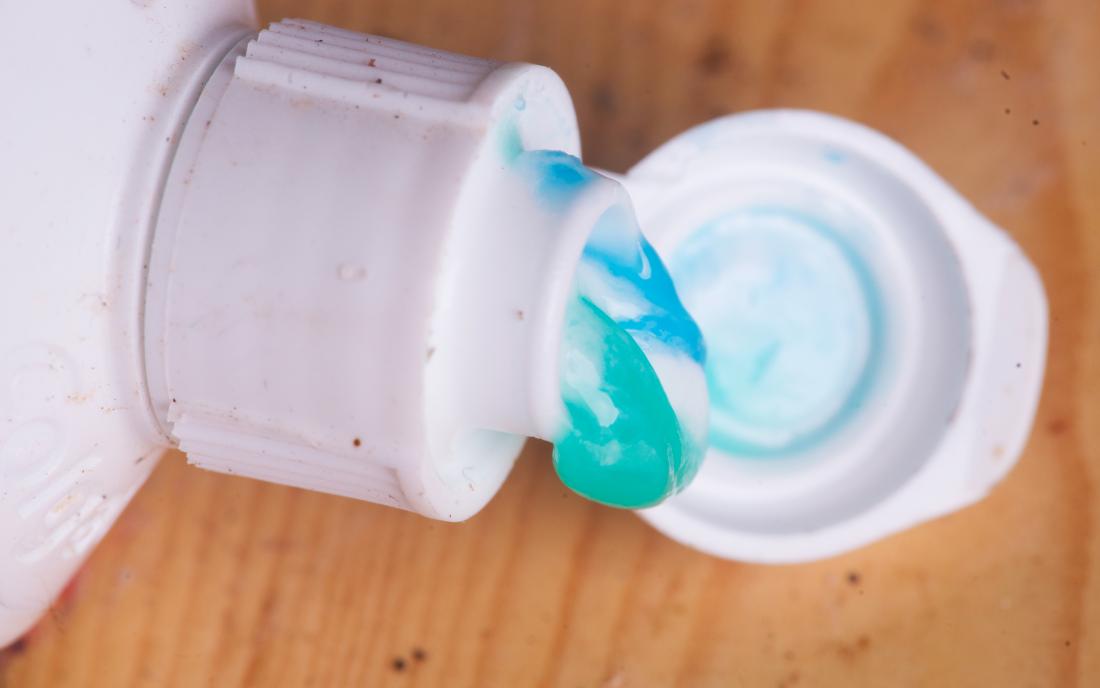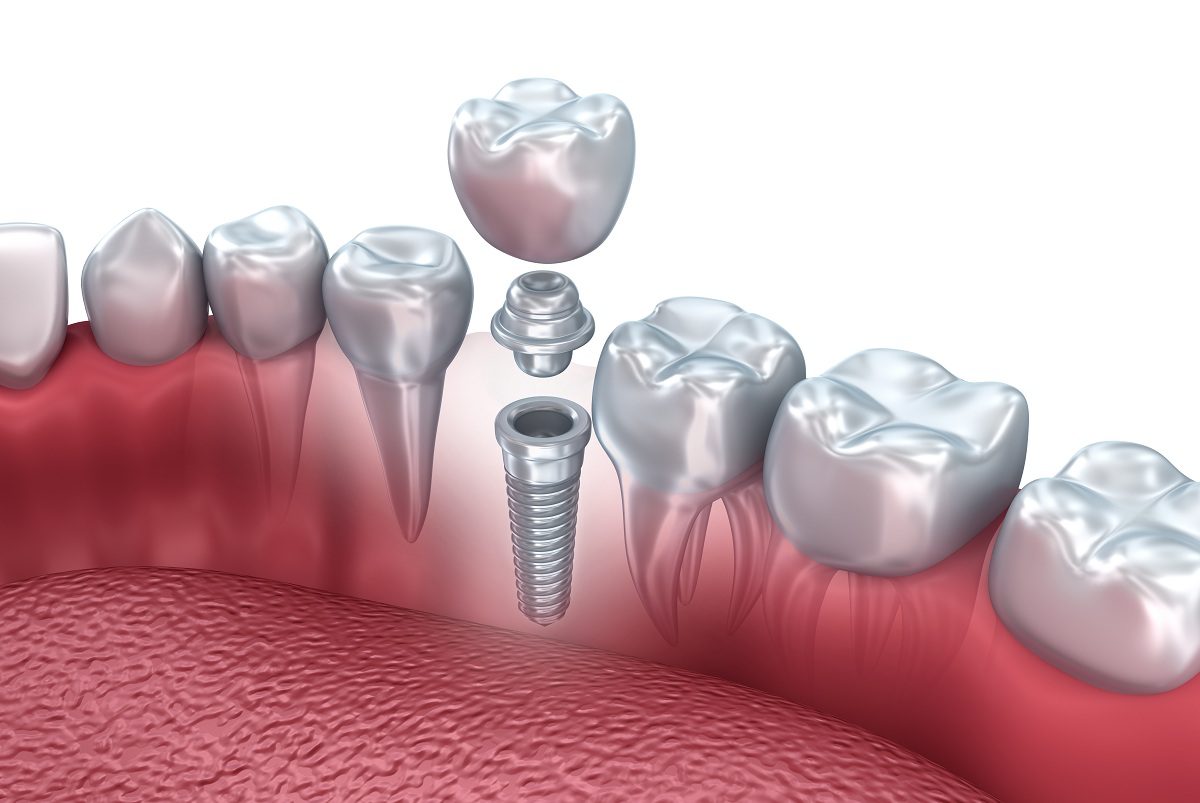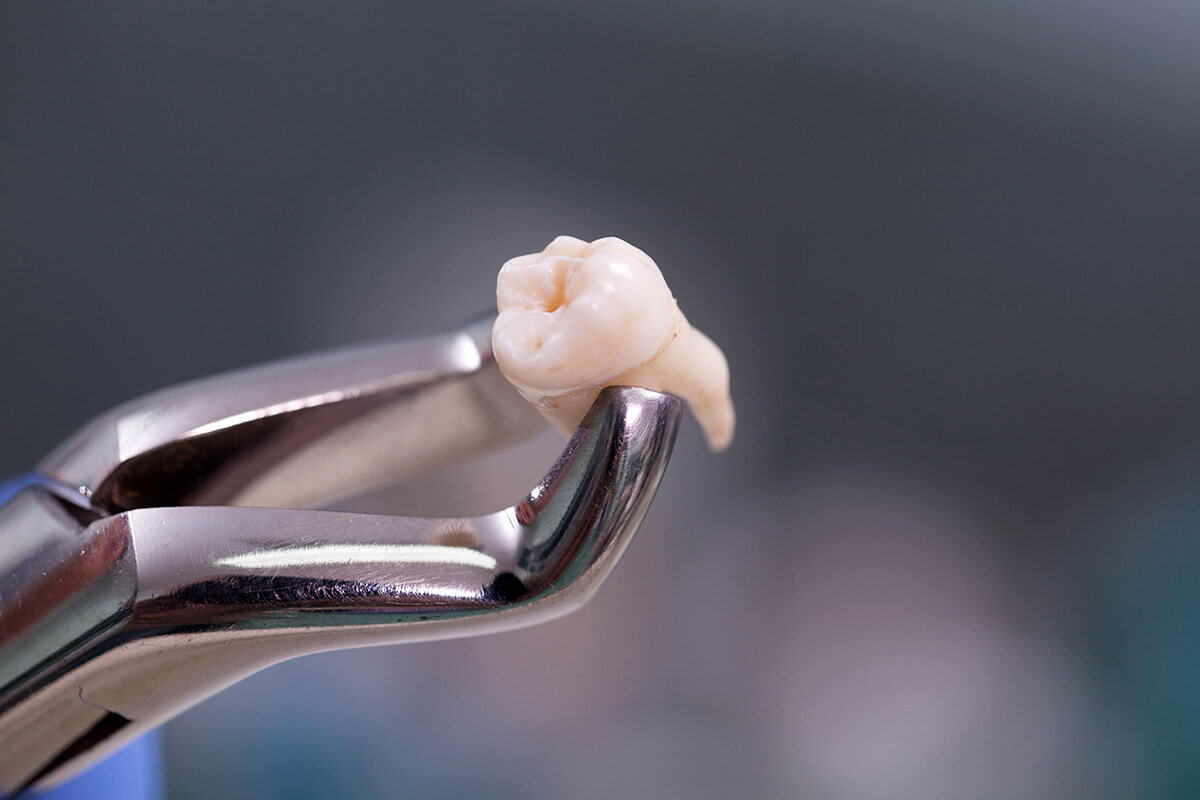Leaving toothpaste on your teeth overnight is generally not recommended. Toothpaste typically includes fluoride, known for its dental health benefits. However, prolonged exposure to fluoride on teeth may pose potential concerns.
Adhering to correct oral hygiene routines is crucial, and this involves brushing your teeth for two minutes, both in the morning and before bedtime.
Following brushing, it’s advisable to spit out the toothpaste and refrain from eating or drinking for at least 30 minutes. This allows for optimal absorption of fluoride by your teeth.
You have ever wondered about the quirky things people do or the myths that float around when it comes to oral care? One such curious question is whether leaving toothpaste on your teeth overnight is a dental hack or just a bedtime blunder.
Let’s dive into the world of dental folklore and find out if this bedtime routine is a secret to a brighter smile or just a recipe for a minty mishap!
The Purpose of Toothpaste
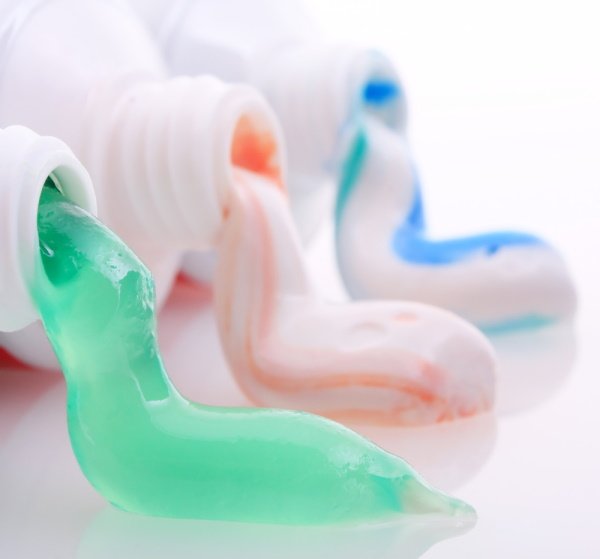
Toothpaste serves a crucial role in maintaining oral hygiene by addressing various aspects of dental care. Two key components contribute significantly to its effectiveness: fluoride and abrasives.
Abrasives for Plaque Removal and Stain Prevention:
Toothpaste contains abrasives that aid in the mechanical removal of dental plaque and stains from the teeth. Plaque is a bacterial biofilm that develops on teeth, posing a risk for various dental problems such as cavities and gum disease.
The abrasives in toothpaste help break down and remove this plaque during brushing, promoting oral health.
Additionally, abrasives contribute to the prevention of tooth stains by removing surface stains caused by certain foods, beverages, and habits like smoking. This cosmetic aspect of toothpaste enhances the aesthetic appearance of teeth and contributes to a brighter smile.
In summary, toothpaste serves a dual purpose in oral care. The inclusion of fluoride strengthens tooth enamel, preventing decay, while abrasives aid in the mechanical removal of plaque and stains, promoting overall oral health and maintaining a visually appealing smile.
Potential Risks of Leaving Toothpaste Overnight
Leaving toothpaste on your teeth overnight may pose several potential risks to your oral health. It is generally recommended to spit out toothpaste after brushing and not to shallow it or leave it on the teeth for an extended period.
Leaving toothpaste on your teeth overnight may present several potential risks, including:
Tooth Sensitivity:
Prolonged exposure to certain ingredients in toothpaste, such as fluoride, could increase tooth sensitivity.
Fluorosis Risk:
In areas with high fluoride content in water, leaving toothpaste overnight could potentially contribute to the risk of fluorosis, a cosmetic dental issue characterized by tooth discoloration.
Dry Mouth:
Ingredients in toothpaste might contribute to dry mouth if not rinsed away, and overnight dryness can lead to other oral health concerns.
Fluoride exposure:
Leaving fluoride toothpaste on your teeth overnight may increase the risk of excessive fluoride exposure, particularly if it is swallowed. It is important to follow recommended guidelines for toothpaste use and seek guidance from dental professionals.
Enamel Erosion from Prolonged Contact with Abrasives:
Toothpaste contains abrasives to aid in plaque removal and stain prevention. While these abrasives are generally safe for use in toothpaste, leaving them on the teeth for an extended period, such as overnight, may contribute to enamel erosion.
Following proper oral hygiene practices, including rinsing your mouth thoroughly after brushing, is advisable to minimize the risk of enamel erosion.
Other Considerations for Oral Health:
Leaving toothpaste on the teeth overnight may also contribute to a sticky film on the teeth, potentially attracting bacteria and promoting plaque formation.
Additionally, the flavoring agents and other ingredients in toothpaste are not meant to be ingested in large quantities, and leaving toothpaste in the mouth for an extended period may increase the likelihood of unintentional swallowing.
Regular dental check-ups can also help monitor oral health and address any concerns related to toothpaste use. If you have specific questions or concerns, it’s always a good idea to consult with your dentist for personalized advice.
Proper Toothpaste Use Guidelines
To make sure you take good care of your teeth and avoid problems with toothpaste, it’s important to follow the recommended guidelines. Here are some key aspects of proper toothpaste use:
Recommended Brushing Frequency:
Dentists typically recommend brushing your teeth at least twice a day – once in the morning and once before bedtime. Brushing frequency helps remove plaque, bacteria, and food particles that accumulate on teeth throughout the day.
Duration of Brushing Sessions:
The American Dental Association (ADA) recommends brushing your teeth for two minutes during each session.
This duration ensures thorough cleaning of all tooth surfaces and allows enough time for the toothpaste’s active ingredients, such as fluoride, to work effectively.
Spitting Out Toothpaste and Avoiding Eating/Drinking Afterward:
After brushing, it’s important to spit out the toothpaste rather than swallowing it. This helps minimize the risk of excessive fluoride exposure and dental fluorosis.
If you need to eat or drink shortly after brushing, consider using fluoride-free mouthwash instead of water to rinse your mouth.
Other Tips for Proper Toothpaste Use:
- Use a Pea-Sized Amount: Only a small amount of toothpaste, typically a pea-sized dab, is sufficient for effective cleaning. Using too much toothpaste does not enhance its benefits and may increase the risk of swallowing excessive fluoride.
- Choose the Right Toothpaste: Select a toothpaste that meets your specific oral health needs. Various formulations exist, such as those for sensitive teeth, whitening, or specific dental conditions.
- Replace Your Toothbrush Regularly: Replace your toothbrush or toothbrush head (for electric toothbrushes) every three to four months or sooner if you notice frayed bristles. A worn toothbrush is less efficient at effectively cleaning teeth.
Following these guidelines can optimize your toothpaste use, maintain good oral hygiene, and contribute to long-term dental health.
Expert Opinions
Insights from Dental Professionals:
Dental professionals, encompassing dentists and dental hygienists, play a vital role in advocating for oral health and offering expert guidance on correctly using toothpaste. Some common insights from dental professionals include:
Fluoride is Essential: Dental professionals emphasize the importance of fluoride in preventing tooth decay. They recommend using fluoride toothpaste to strengthen enamel and reduce the risk of cavities.
Brushing Technique Matters: Dental professionals frequently instruct patients on effective brushing techniques, emphasizing the use of a soft-bristled brush, holding it at a 45-degree angle, and employing circular or back-and-forth motions.
The correct technique ensures thorough cleaning without causing damage to the gums or enamel.
Regular Check-ups are Crucial: Regular dental check-ups are crucial for early identification and addressing of oral health issues. Professionals advise routine visits for cleanings, examinations, and personalized guidance on oral care practices.
Individualized Recommendations: Dental professionals recognize that individual oral health needs vary. They provide personalized recommendations on toothpaste formulations based on factors such as sensitivity, gum health, and specific dental conditions.
Studies Supporting Proper Toothpaste Use:
Numerous studies support the importance of proper toothpaste use in maintaining oral health. Some key findings include:
Fluoride’s Preventive Role: Research consistently highlights the effectiveness of fluoride in preventing tooth decay. Studies demonstrate that fluoride strengthens enamel, promotes remineralization, and significantly reduces the incidence of cavities.
Optimal Brushing Duration: Studies, including those conducted by dental associations, support the recommendation of brushing for two minutes. This duration ensures comprehensive plaque removal and allows active ingredients in toothpaste to exert their full benefits.
Proper Rinsing Practices: Studies emphasize the importance of spitting out toothpaste and avoiding eating or drinking immediately after brushing to maximize the benefits of fluoride and other active ingredients.
These insights from dental professionals and findings from research studies underscore the significance of following proper toothpaste use guidelines for optimal oral health.
Common Misconceptions
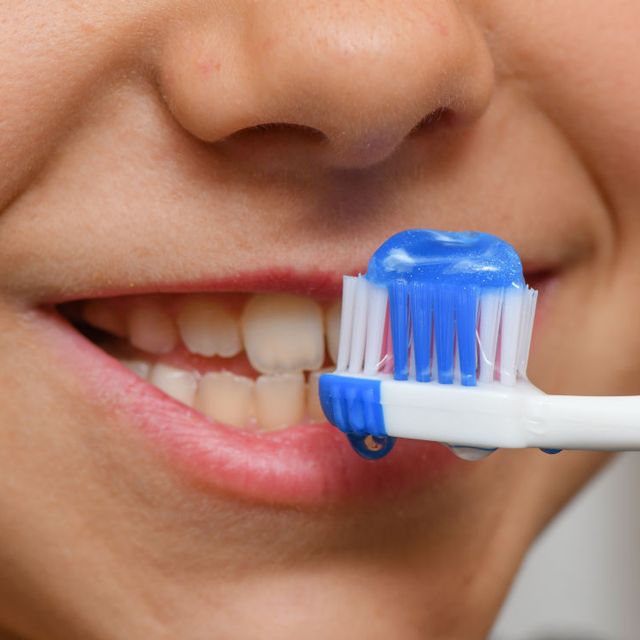
Addressing Misconceptions About Leaving Toothpaste on Teeth Overnight:
Fluoride Overnight Concerns:
Misconception: Leaving toothpaste with fluoride on teeth overnight provides extra protection against cavities.
Clarification: While fluoride is beneficial for dental health, leaving toothpaste on the teeth overnight increases the risk of excessive fluoride exposure and dental fluorosis. It is recommended to spit out toothpaste after brushing to minimize these risks.
Abrasive Prolonged Contact:
Misconception: Allowing toothpaste with abrasives to remain on teeth overnight enhances plaque removal.
Clarification: Prolonged contact with toothpaste abrasives may contribute to enamel erosion. Proper brushing techniques followed by rinsing ensure effective plaque removal without compromising enamel health.
Overnight Protection:
Misconception: Leaving toothpaste overnight offers continuous protection.
Clarification: Toothpaste is designed for short-term use during brushing. Overnight, the risks associated with fluoride and abrasives outweigh the potential benefits. Following proper guidelines is crucial for maintaining oral health.
Highlighting the Importance of Following Recommended Guidelines:
Fluoride Moderation:
Importance: Fluoride is effective in preventing cavities, but moderation is key. Following recommended guidelines for brushing frequency and spitting out toothpaste helps prevent excessive fluoride intake and potential adverse effects.
Enamel Protection:
Importance: Abrasives aid in plaque removal, but prolonged contact can contribute to enamel erosion. Adhering to the recommended two-minute brushing duration and proper rinsing safeguards enamel health while maintaining effective plaque control.
Overall Oral Health:
Importance: Following recommended guidelines for toothpaste use contributes to overall oral health. Consistent brushing, correct technique, and adherence to dental professional advice help prevent cavities, gum disease, and other dental issues.
Personalized Care:
Importance: Individuals may have unique oral health needs. Dental professionals provide personalized recommendations on toothpaste formulations and oral care practices based on specific conditions, such as sensitivity or gum health.
Addressing misconceptions and highlighting the importance of following recommended guidelines ensures that individuals make informed decisions about their oral care practices.
Consulting with dental professionals for personalized advice and staying informed about oral health recommendations contribute to maintaining a healthy and vibrant smile.
FAQs
Can I leave toothpaste on my teeth overnight?
No, it’s not recommended. Spit out toothpaste after brushing to avoid potential risks like excessive fluoride exposure and enamel erosion.
Does leaving toothpaste on teeth overnight provide extra protection?
No, toothpaste is designed for short-term use. Leaving it on overnight may not enhance protection and can lead to potential issues.
Can I use toothpaste with fluoride before bedtime?
Yes, you can, but be sure to spit it out after brushing. Using fluoride toothpaste helps prevent cavities, but moderation is key.
How long should I brush my teeth?
Brush for two minutes during each session. This duration ensures thorough cleaning and allows active ingredients to work effectively.
Can prolonged contact with toothpaste abrasives harm enamel?
Yes, extended contact may contribute to enamel erosion. Follow the recommended brushing duration and rinse properly to protect the enamel.
Should I rinse my mouth after brushing?
Yes, rinsing helps remove leftover toothpaste and maintains the benefits of fluoride on your teeth.
Does toothpaste work if I leave it on my teeth longer?
Toothpaste is most effective during brushing. Leaving it on longer doesn’t provide additional benefits and may pose risks.
Is it safe to swallow toothpaste accidentally?
Swallowing small amounts is generally safe, but it’s best to spit it out. Avoid excessive swallowing, especially for young children, to prevent fluoride-related issues.
Can toothpaste with abrasives damage my teeth?
Prolonged contact may contribute to enamel erosion. Use proper brushing techniques and avoid leaving toothpaste on your teeth for extended periods.
Can I eat or drink right after brushing?
It’s better to wait a bit. Eating or drinking immediately after brushing may wash away the benefits of fluoride left on your teeth.
How often should I see the dentist?
Regular dental check-ups are essential. Visit your dentist at least twice a year for cleanings, examinations, and personalized oral health advice.
Conclusion
So, when it comes to taking care of your teeth, remember this: don’t leave toothpaste on your teeth overnight. Spit it out after brushing! Using toothpaste with fluoride helps prevent cavities, but too much isn’t good.
Brush for two minutes, follow the dentist’s advice, and keep your smile healthy. Simple steps lead to a happier, healthier you!







